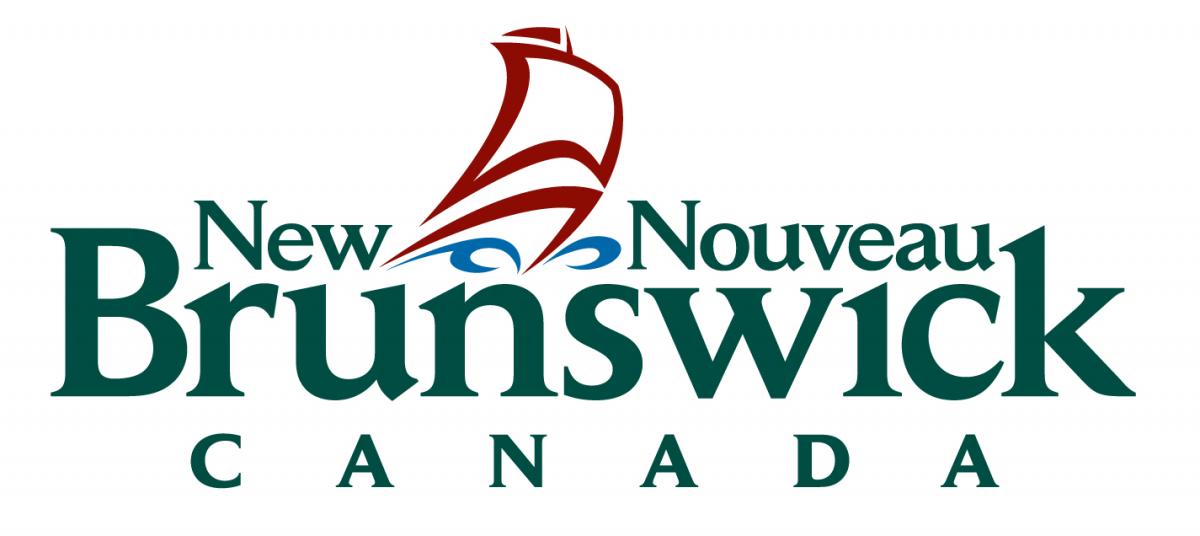Test Your Knowledge
|
|
The following exercise will help you acquire knowledge to make breastfeeding successful.
Click on the button that corresponds to the correct answer and check your answer by clicking on the "Check" button.
|
1 |
It is important to begin breastfeeding as soon as possible after the birth of your baby. |
|
2 |
You must breastfeed every four hours the first few days. |
|
3 |
Do not give a pacifier or bottle to a breastfed baby. |
|
4 |
Most mothers need help to learn how to breastfeed. |
|
5 |
You must always give water to breastfed babies. |
Last update: 01-13-2014



